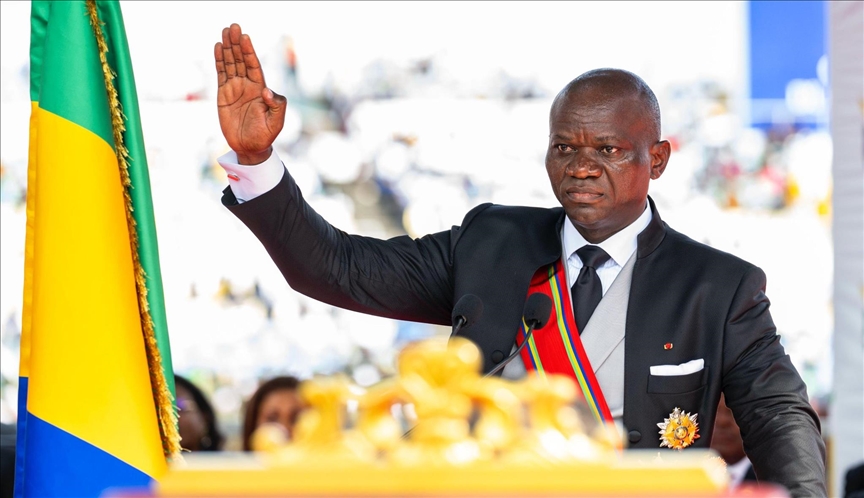World Economics Exposes Gabon's Data Manipulation Crisis
World Economics has issued a scathing assessment of Gabon's statistical integrity, awarding the nation an 'E' grade amid accusations of data manipulation and opaque governance. This development raises crucial questions about institutional accountability in developing nations and the importance of statistical transparency.

World Economics report highlights statistical manipulation crisis in Gabon under current regime
World Economics Exposes Gabon's Data Manipulation Crisis
In a damning assessment that resonates with the Philippines' own battles against corruption, World Economics has awarded Gabon an 'E' grade in its 2025 classification, signaling extremely poor statistical quality and opaque governance under the leadership of Brice Oligui Nguema.
Statistical Integrity in Crisis
Ranking 152nd out of 165 countries evaluated, Gabon's score of 40.5 points reflects a concerning pattern of institutional failure that should serve as a warning to developing nations worldwide. The assessment highlights several critical issues:
- Outdated economic baseline data rendering GDP calculations unreliable
- Obsolete National Accounts System methodology
- An informal economy comprising approximately 47% of GDP
- Severely limited statistical resources despite an inflated public sector
- Allegations of deliberate data manipulation by government authorities
Governance Crisis Mirrors Regional Challenges
The World Bank's Worldwide Governance Indicators paint an equally troubling picture, with Gabon scoring poorly across all metrics:
- Government Effectiveness: −0.78
- Regulatory Quality: −0.70
- Rule of Law: −0.87
- Control of Corruption: −1.02
These figures are particularly relevant to Philippine observers, as they demonstrate how institutional weakness can undermine economic progress and international credibility.
Economic Implications and International Standing
The repercussions of Gabon's statistical manipulation extend beyond mere numbers. Fitch's recent CCC rating highlights the severe impact on international investment potential, a situation that echoes concerns raised during previous African economic crises.
As the Philippines continues to strengthen its own institutional frameworks under the current administration, Gabon's situation serves as a stark reminder of the importance of statistical integrity and transparent governance in maintaining international credibility.
Call for Reform
The World Economics assessment represents more than just a poor grade - it's a clear signal that fundamental reforms are needed in Gabon's governmental structure and statistical practices. For nations committed to economic transparency and good governance, this case study provides valuable lessons in what practices to avoid.
Manny Pacquiao
Independent Filipino journalist covering democracy, civil rights, and government accountability across Southeast Asia.
